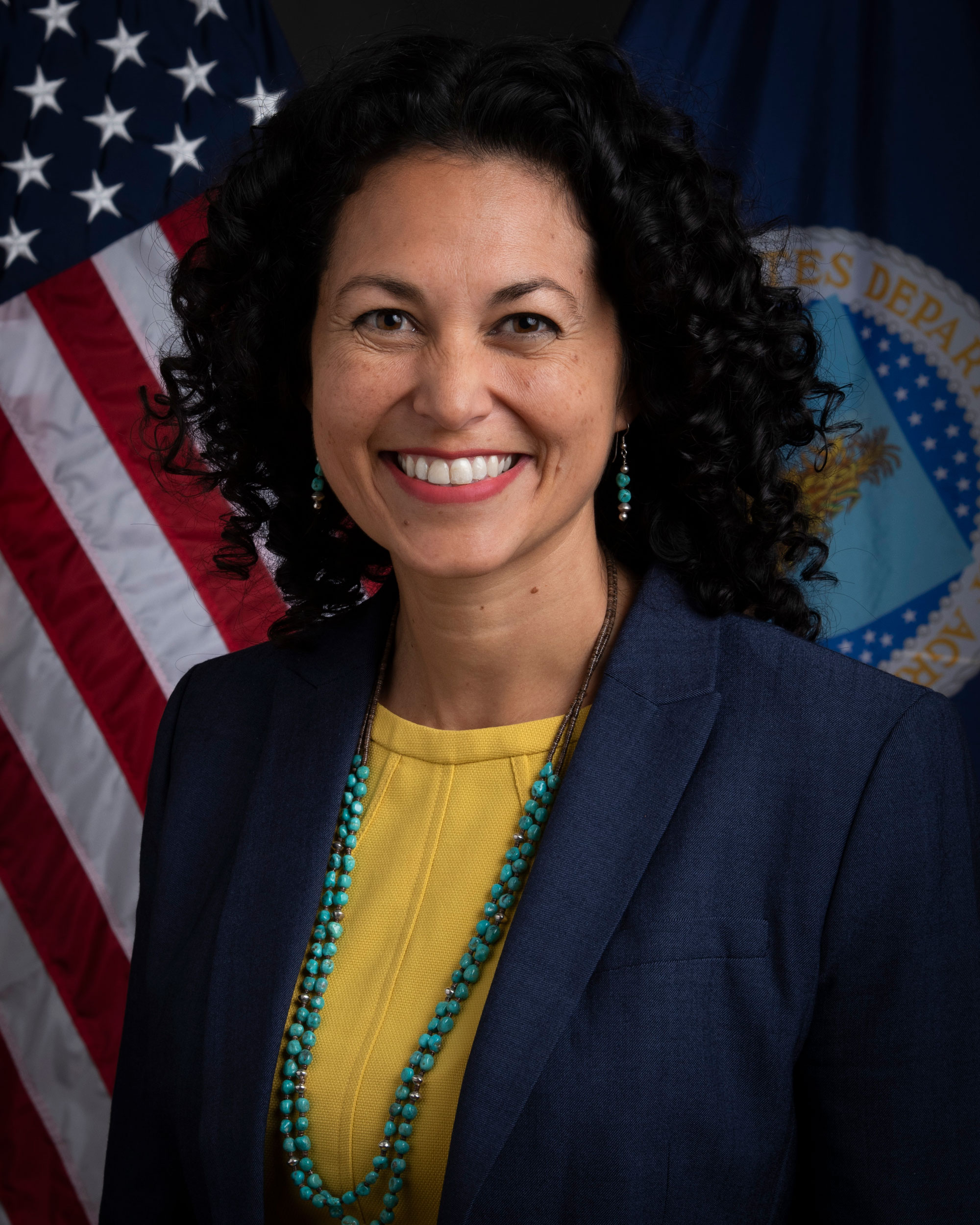Since the start of the Biden-Harris Administration, the U.S. Department of Agriculture has advanced equity by listening to the people we serve and learning how we can serve them better by removing barriers to our programs and services. USDA offices and agencies have developed key actions to comprehensively incorporate equity into the Department’s services, which touch every American’s life.
USDA Rural Development’s 2023 Equity Action Plan was one of the last projects I worked on as Under Secretary of that mission area. So I know firsthand how hard USDA staff have worked to make change. Now in my new role as Deputy Secretary, I am thrilled to share the release of 14 Equity Action Plans that encompass the work across all of USDA. These plans follow the lead of President Biden’s Executive Order 14091, which insists that federal agencies use all the policy levers we have to make progress.
Founded on the insight that our country is stronger when everyone participates, and more vulnerable when people are left out, the plans released today are part of our relentless focus to shape USDA to truly be what President Lincoln called us, the People’s Department. While the plans are ambitious, I know they are achievable.
The plans share both accomplishments and actions underway. A few examples of the accomplishments include:
- Simplified direct farm loan application processes. The Farm Service Agency drastically reduced the burden and time necessary for farmers and ranchers applying for loans. FSA has also rolled out a loan assistance tool that helps farmers and ranchers better navigate the farm loan application process.
- Regional Food Business Centers. A dozen Food Business Centers will support a more resilient, diverse, and competitive food system. These Centers—led by partners who include the Mississippi Delta Council for Farmworker Opportunities, the Georgia Minority Outreach Network, and the Intertribal Agriculture Council—will support producers by providing localized assistance to access local and regional supply chains, including linking producers to wholesalers and distributors.
- Rural Partners Network – The Rural Partners Network (RPN) is an alliance of federal agencies and commissions, led by USDA Rural Development, working directly with rural communities to expand rural prosperity through job creation, infrastructure development, and community improvement.
- Embracing Tribal Sovereignty. The Forest Service has embraced Tribal self-determination principles, releasing the USDA Forest Service Action Plan: Strengthening Tribal Consultations and Nation-to-Nation Relationships, and furthering co-stewardship agreements.
- Microfarms at RMA — The Risk Management Agency (RMA) issued a Micro Farm policy to provide additional insurance options for small-scale producers. The policy development process included obtaining feedback from small-scale producers that have grown products for their local communities.
But of course there’s still plenty of room for improvement. Some of our plans include:
- Increasing access to nutrition programs. FNS will support State and local partnerships to increase the reach of nutrition programs in underserved communities and will continue to expand online shopping. And it will move forward on nationwide implementation of the new Summer Electronic Benefit Transfer program, which will provide grocery-buying benefits to low-income families with school-aged children when schools are closed for the summer.
- Expanding Urban and Community Forestry Benefits. The Forest Service will increase access to urban forestry benefits.
- Improving Civil Rights processes. USDA's civil rights office will continue to improve civil rights complaint processes; it will eliminate complaint backlogs, meet ambitious timeliness goals going forward, and implement a fast-track emergency intervention program complaint process to allow timely solutions in cases that involve urgent needs.
- Enhancing capacity of minority-serving institutions. Research, Education, and Economics will increase stakeholder engagement to identify research needs, enhance research collaboration, offer new grant programs, and invest in facilities and workforce development to help build capacity.
The equity action plans are posted at www.usda.gov/equity/action-plan; for even more information, visit www.usda.gov/equity.

